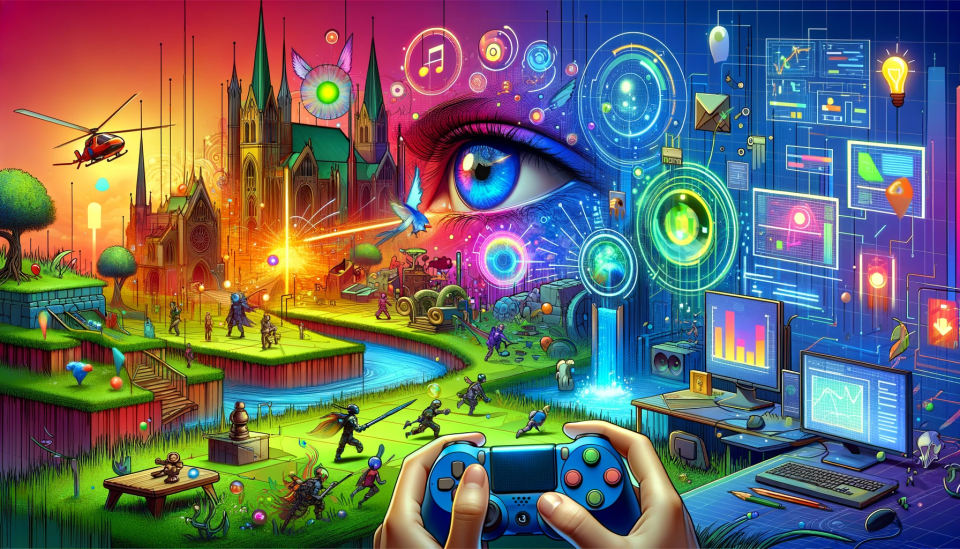PROBLEM OUTLINE
‘Game-based learning’ refers to the use of digital games for educational purposes, such as acquiring knowledge, developing skills, and/or changing attitudes and behavior (All et al., 2016; Herrewijn et al., 2021). The development of these games emphasizes balancing game design elements with attaining educational outcomes by fostering player involvement and motivation.
Nowadays, games for learning are increasingly being developed and used in various domains and contexts, prompting more academic research on their effectiveness as well. However, the diverse terminologies and methodologies used across different disciplines often result in mixed results. Therefore, it is still unclear for the field which game design choices and resulting player experiences actually lead to more learning and how they can assess the impact of their games for learning (e.g. player involvement, motivation, educational outcomes).
OBJECTIVE
In response, the project Game based Learning and Development of Skills (GLaDoS) aims to construct and test a practice-oriented model that can provide developers of games for learning with guidance during the development of new games and/or the evaluation of the impact of existing games.
METHODOLOGY
Methodologically, the project uses Educational Design Research (McKenney & Reeves, 2014) as a framework. Project activities include:
-
Literature review
-
Needs analysis with game developers and educational developers
-
Development of a practice-oriented model on game design choices that can incite learning in games
-
Consolidation and evaluation of measurement instruments (e.g. self-report questionnaires, psychophysiological measures such as eye tracking, galvanic skin response and heart rate variability) that can assess the impact of games for learning, based on the practice-oriented model
-
Experimental testing of the practice-oriented model in existing games for learning
(EXPECTED) OUTCOMES
-
A practice-oriented model on game design choices that can incite learning in games
-
An overview of measurement instruments that can be used to assess the impact of games for learning
-
Contributions to scientific and practice-oriented conferences
-
Scientific publications
-
Social media posts






